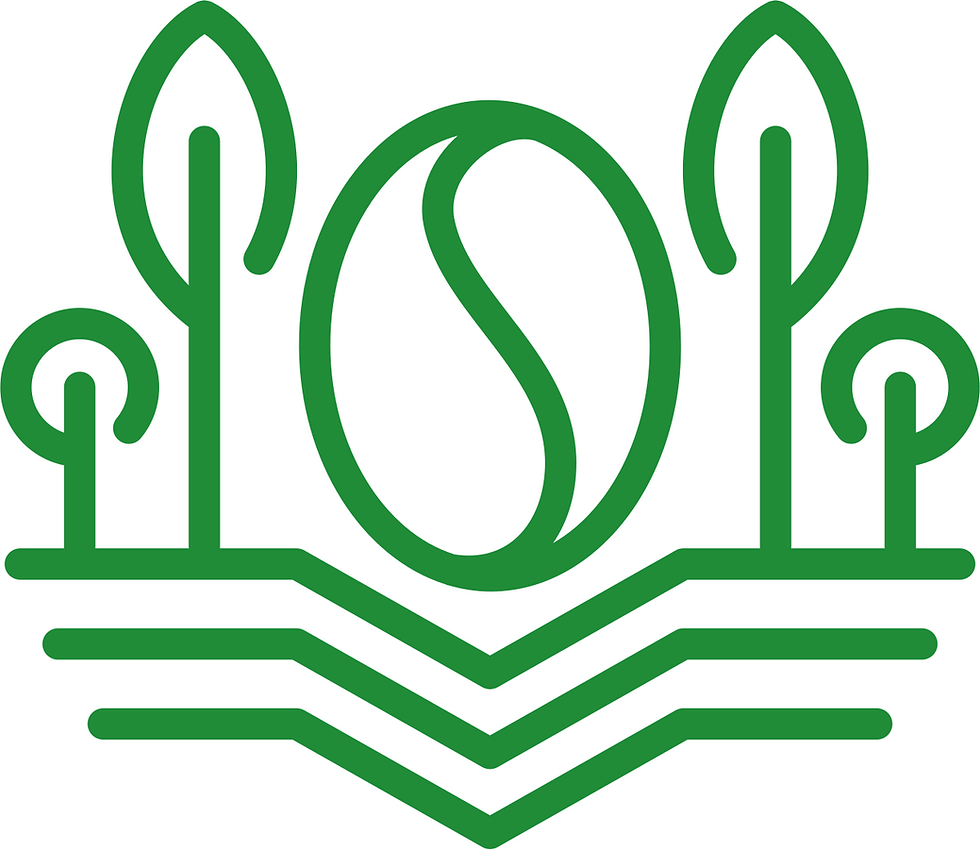
Project Overview
Strategic Entry into the Global Robusta Market
With demand for robusta coffee accelerating, especially in Asia, this project aims to position Indonesia as a competitive producer by establishing end-to-end operations in cultivation, processing, and international distribution. The focus is on leveraging supply gaps, expanding market reach, and building a sustainable export pipeline.
Innovation-Driven, Sustainable Farming Model
By integrating advanced agricultural technologies from Brazil such as precision farming, high-efficiency irrigation, and smart post-harvest processing, the project will significantly improve productivity, sustainability, and product quality. These innovations are tailored to Indonesian conditions and empower local farmers through access to tools, training, and resources.
Nusantara-Based Investment & Impact Partnerships
The initiative is strategically located in Kalimantan’s new capital region, taking advantage of Indonesian government incentives. It fosters joint ventures, academic collaborations, and public-private partnerships designed to uplift rural economies, drive knowledge transfer, and position Indonesia as a global leader in robusta coffee production.


Background
The global coffee industry is undergoing significant transformation, with robusta coffee emerging as a major growth segment. Demand is rising sharply, particularly in Asian markets such as China, positioning robusta as a key player in the next wave of coffee consumption. While Brazil continues to lead in innovation and output with high-yield technologies, Indonesia stands out as the world’s third-largest coffee producer offering a unique blend of natural resources and strategic investment incentives, especially in the burgeoning capital region of Nusantara (Kalimantan). Vietnam’s shift away from Robusta cultivation, opting instead for higher-value crops, is creating a significant supply gap in the global coffee market. This presents a timely opportunity for Indonesia to strengthen its position as a key Robusta supplier. In Indonesia, coffee is more than a commodity, it’s a cornerstone of rural livelihoods, supporting millions of smallholder farmers and driving growth across agro-processing and export sectors. Kopi Kalima is strategically positioned to respond to this market shift with scalable, high-quality Robusta production rooted in sustainability and innovation.

Our Opportunity
This project represents a bold and strategic entry into the global robusta coffee market. Through international collaboration and a sustainable development framework, we aim to:
-
Establish a Global Robusta Presence. Build integrated operations in cultivation, processing, and distribution to meet surging global demand for high-quality robusta coffee.
-
Capitalize on Indonesia’s Investment Opportunities
-
Leverage government incentives and national economic development priorities in Nusantara/Kalimantan to create long-term value and impact.
-
Transfer Brazilian Expertise. Adapt advanced Brazilian farming technologies and proven agronomic practices to enhance yield, efficiency, and sustainability in Indonesia.
-
Forge Strategic Partnerships. Develop joint ventures and public-private initiatives that uplift smallholder farmers while reinforcing Indonesia’s role in global coffee trade.
-
Advance Research and Innovation. Promote academic collaboration, student exchange programs, and pilot projects to drive continuous improvement in robusta cultivation.

Our approach is grounded in the deployment of cutting-edge, sustainable technologies across every phase of the robusta coffee lifecycle:
-
Smart Land Preparation & Planting - Use of eco-friendly techniques and soil regeneration methods to establish a resilient cultivation base.
-
Modern Irrigation Systems - Implementation of drip irrigation and rainwater harvesting to optimize water efficiency and climate resilience.
-
High-Quality Inputs - Provision of top-tier seeds, seedlings, and eco-compatible fertilizers tailored to local agronomic conditions.
-
Precision Agriculture - Adoption of digital mapping, soil sensors, and real-time monitoring tools to enable data-driven farming decisions.
-
Sustainable Harvesting - Training programs and semi-mechanized systems to ensure quality, minimize waste, and boost harvest efficiency.
-
Post-Harvest Excellence -Establishment of localized facilities for washing, drying, grading, and packaging to preserve bean quality and add export value.
-
Market Expansion Strategy - Creation of branded products and tailored marketing initiatives to differentiate Indonesian robusta in both domestic and international markets.
-
Equipment Access & Farmer Empowerment - Facilitation of access to durable, cost-effective equipment to improve productivity and reduce labor burden.
-
IP Management & Capacity Building -Strategic partnerships to support technology transfer, respect intellectual property, and empower local farming communities.
-
Integrated Pest & Soil Health Management - Use of biological pest controls, companion planting, and organic soil enhancers to maintain ecosystem balance and boost long-term fertility.
